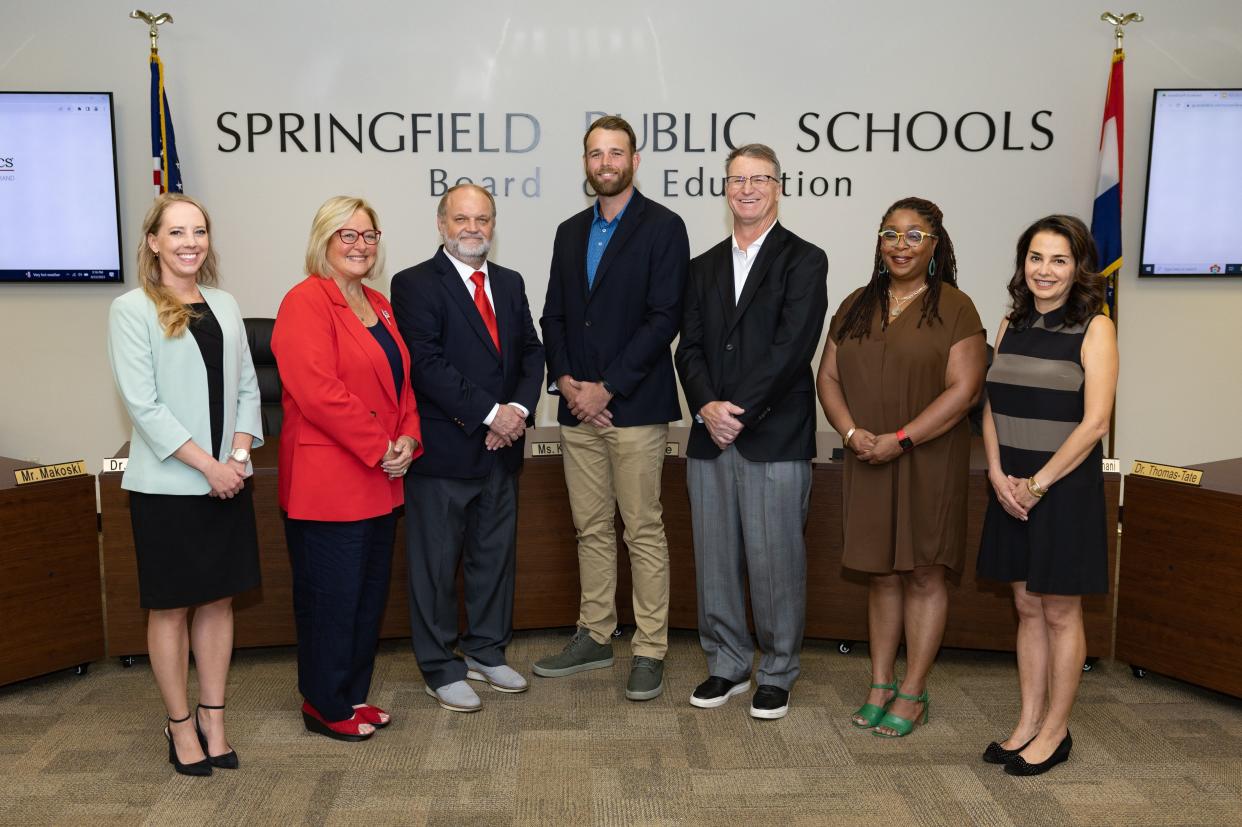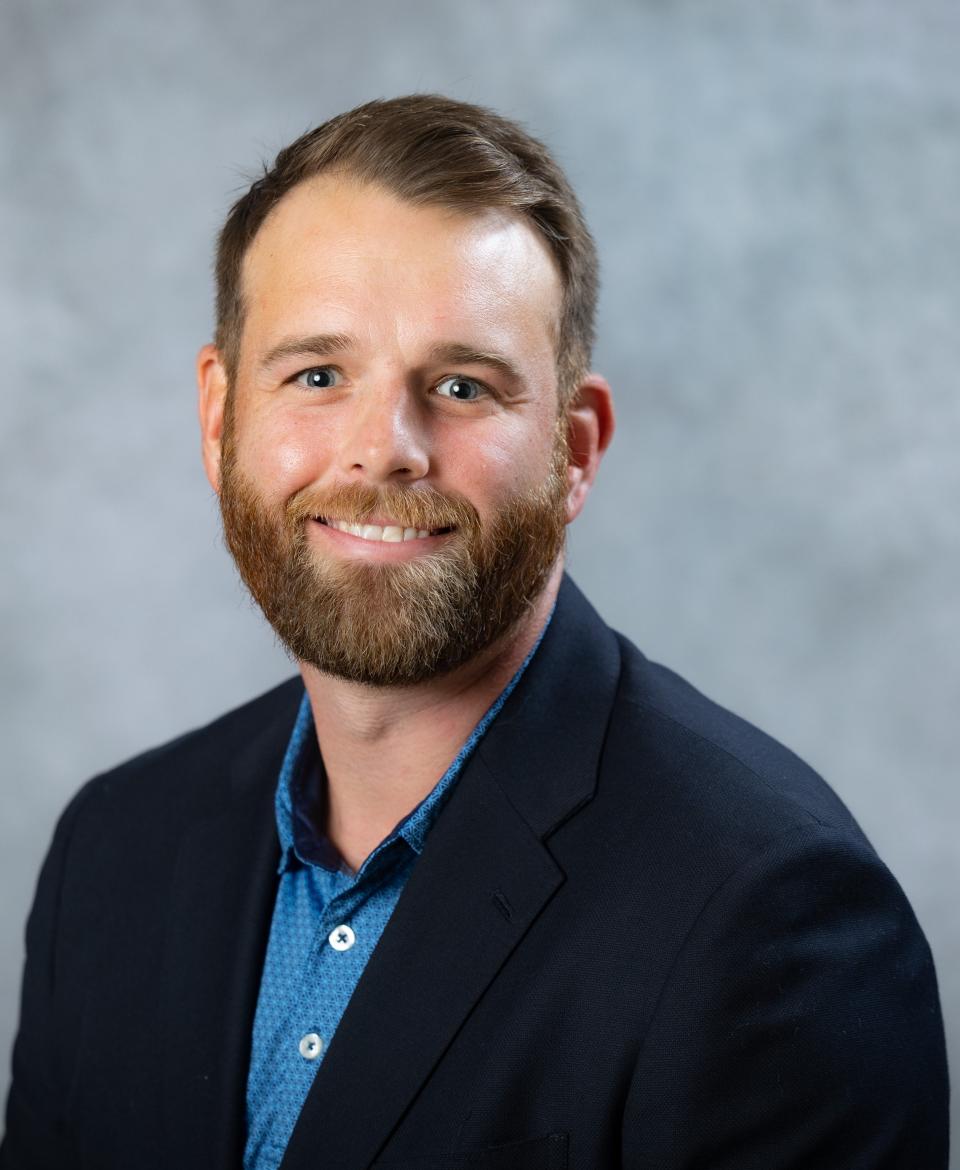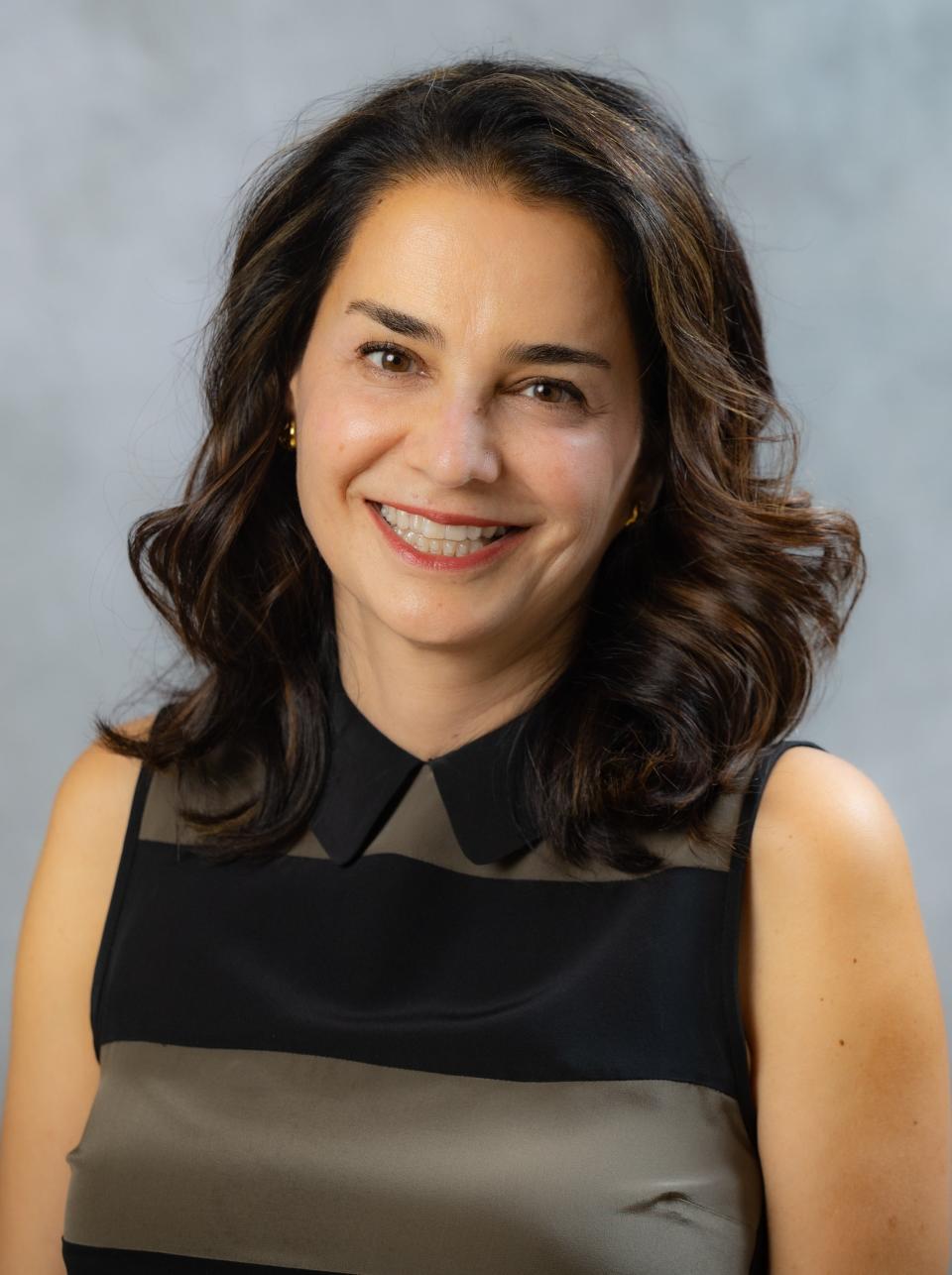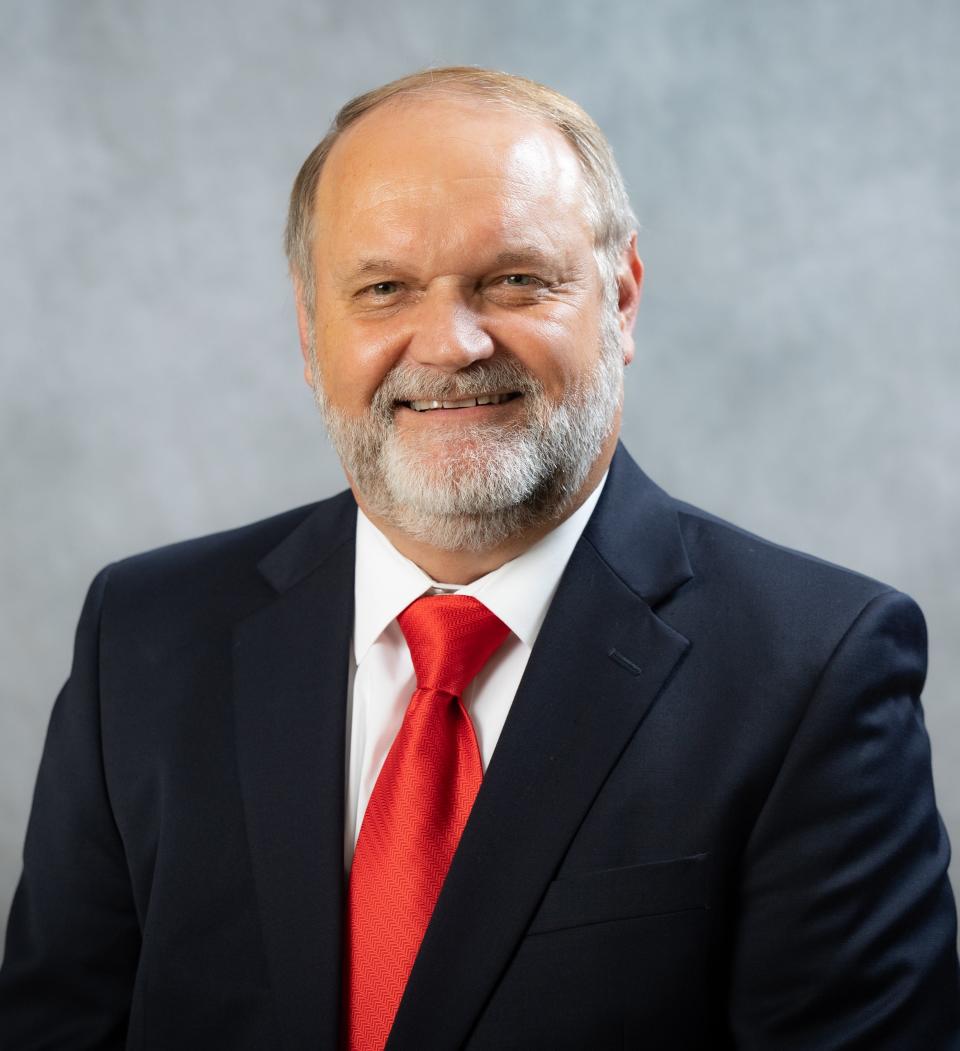Three SPS board members voted against joining health education alliance. They explain why

Springfield Public Schools became part of the Alliance for Healthcare Education this week but the school board vote to take that step was split.
The board voted 4-3 during a closed-door meeting Aug. 22.
The alliance is a partnership between CoxHealth, Missouri State University, Ozarks Technical Community College and SPS to create a pipeline that produces more health care professionals in southwest Missouri.
To address pressing workforce shortages, the governing boards for MSU, OTC and CoxHealth voted unanimously to create the partnership.
"It was an incredible experience to see the leaders come together and the passion they had," said Rob Fulp, chair of the CoxHealth Board of Directors, who confirmed the unanimous vote. "This will create hope for young people who want to pursue careers in the medical field."
The SPS board members in favor of joining the alliance were Judy Brunner, Scott Crise, Danielle Kincaid and Shurita Thomas-Tate.
Kincaid, the board president, said supporting the effort was a "no-brainer" for her. She acknowledged there are still details to be worked out.
"When you look at our strategic plan to produce success-ready students, part of this is making sure they have a plan for after graduation," she said.
"Our health care industry is vibrant in southwest Missouri, they are in need of additional employees and I think this is an excellent opportunity for students who are interested in the health care industry to get a leg up before they graduate."
The members who voted against the proposal were Kelly Byrne, Steve Makoski and Maryam Mohammadkhani.
Under board policy, members must "publicly abide by and uphold the majority decisions of the board, individually and collectively."
Asked what message the split vote sends to the alliance, Kincaid said she does not know. "We were the only board that was not unanimous. That is unfortunate."
"All seven of us have an equal vote," she said. "The majority voted to proceed forward with this so…we are going to move forward united."
Byrne, Makoski and Mohammadkhani said they will adhere to board policy and support the majority vote. They also agreed to explain why they voted against joining the alliance.

Byrne said he does not support expanding "choice" programs in the district at this juncture, noting they only serve part of the students.
"We need to be focusing on the basics and doing a better job at them, just the basics being a thorough and diverse education experience for each student. We need to be focusing our resources in that capacity," he said.
"Some of these choice programs, they may be exciting and they may be valuable for the students who are able to take advantage of them but they do take district resources and they are specialized."
Mohammadkhani said SPS has been creative and successful at forging partnerships in the community and creating "choice" programs.
She said as a medical doctor, the goal of the alliance — to train health care workers — is "near and dear to my heart."
"I like it, in concept," she said. "We were aware this was in the works but we did not have a hand or were not part of drafting the agreement."
Mohammadkhani said there were parts of the agreement that left her "uncomfortable and concerned" and she wanted the SPS board to have the power to make revisions.

"I have some concerns because of the longevity of the contract and the way it is structured," she said, noting the pact included cost projections.
She said the district has limited resources and will face tough spending decisions as federal pandemic aid from the Elementary and Secondary School Emergency Relief Fund, or ESSER, dries up.
"I'm worried that down the line we could get into potentially a situation where we have to distribute our resources in an inequitable way."
More: Here's how 4 southwest Missouri institutions plan to revolutionize health care training
Citing the strategic plan, Makoski said he questioned entering the alliance while there are needs elsewhere in the district.
"SPS has been on a downward trend in academic performance for quite some time," Makoski said, noting he ran for the board to reverse that trend. "I view this alliance to be an effort contrary to what our Board of Education should be focused on."
Makoski said the alliance will take time, money and effort and only serve "a very small number of students." He said the overwhelming majority will not be able to participate. "Where is the equity?"

"I'd rather have a pure, traditional education that will provide our students with the academic skill sets necessary to become whatever they want after they graduate high school," he said. "This alliance is not moving in the right direction."
Makoski said high school should be focused on getting students the skills they need to succeed in whatever field they want to enter and not place them on a track for a specific occupation.
More: 'Brand of Cox College going away' as new alliance expands healthcare education in area
He questioned whether the district should be part of a "pipeline" that provides employees to CoxHealth, saying it is "almost like a monopoly" for the health system.
"Why does Springfield Public Schools have to get involved with supplying CoxHealth, actually provide them with employees?" he said.
Claudette Riley covers education for the News-Leader. Email tips and story ideas to criley@news-leader.com.
This article originally appeared on Springfield News-Leader: Three SPS board members were against alliance with MSU, OTC, CoxHealth

